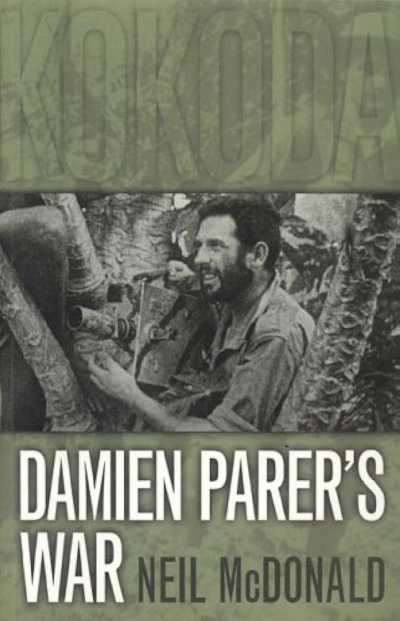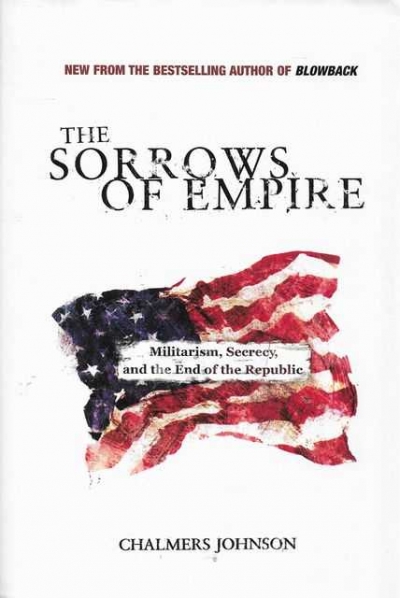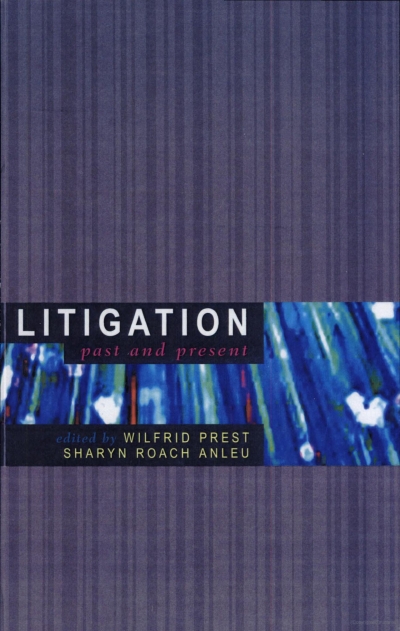Archive
The Multicultural Experiment: Immigrants, refugees and national identity edited by Leonie Kramer
by John Lack •
The Sorrows of Empire: Militarism, secrecy, and the end of the republic by Chalmers Johnson
by Dennis Altman •
The Winter Door by Isobelle Carmody & Shædow Master by Justin D'Ath
Litigation edited by Wilfrid Prest and Sharyn Roach Anleu & Slapping on the Writs by Brian Walters
by Grant Bailey •
The Measure of Success by Ron Clarke & Cathy by Cathy Freeman (with Scott Gullan)
by Bill Murray •
Blindside by J.R. Carroll & Degrees of Connection by Jon Clearly
by Rick Thompson •










